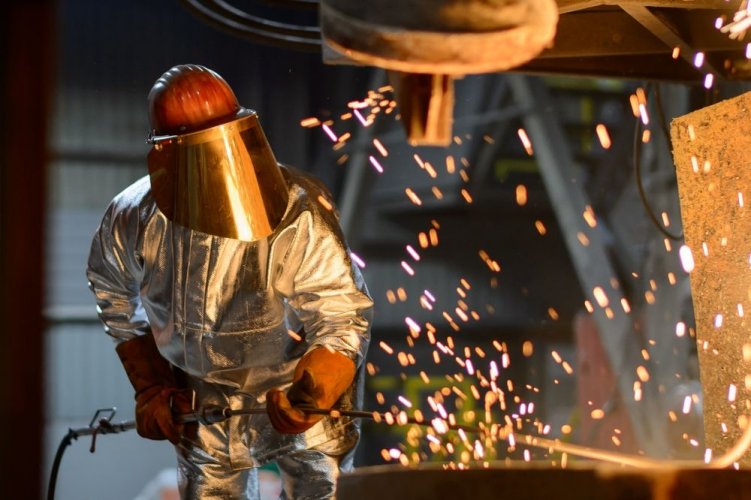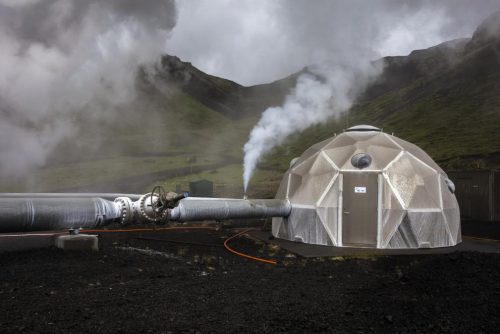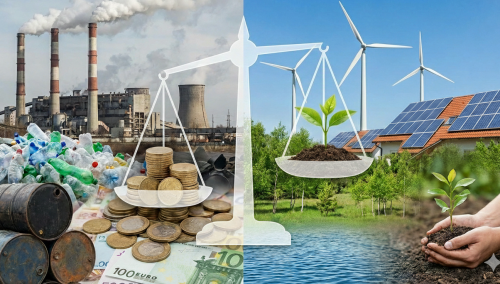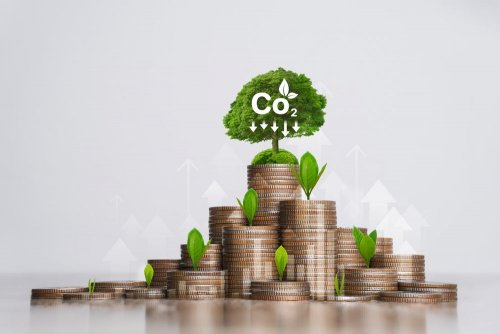The US Department of Energy (DOE) plans to fund the development of decarbonization technologies for key industries, including steel industry, paper and wood products, chemicals, cement and concrete, food and beverage, and cross-industry technologies.
Conditions and possibilities financing for a period of two to three years will be announced in August, reported Fastmarkets.
Program is part of the DOE's effort on decarbonizing the US industrial sector and transitioning the country to net zero carbon emissions.
The industrial sector currently generates about a third of energy-related carbon emissions in the US.
"Thus, the decarbonization of industry is a problem, given the wide range of energy consumption and the complexity of industrial processes," the material said.
Decarbonization will require the US to implement several strategies simultaneously. DOE identified four key ways of industrial decarbonization:
- energy efficiency;
- industrial electrification;
- low-carbon fuel, raw materials and energy sources;
- carbon capture, use and storage.
DOE's iron and steel strategy will focus on progress to decarbonize iron ore and steel operations from ore or scrap, and transition other existing auxiliary and thermal production processes to use clean fuels or electricity.
In the area of paper and forest products, the main focus will be on new technologies for drying paper and wood, as well as on innovative technologies for the production of pulp and paper formation, the DOE said.
Funding in the area of decarbonization technologies will focus on innovations in low-temperature technologies for processing waste heat into energy, thermal energy storage and industrial heat pumps.
Earlier EcoPolitic informed, there are three key points on the way to reducing carbon emissions in the steel industry.
As EcoPolitic previously reported, the USA enhances deep decarbonation economy with $3.5 billion worth of projects.





